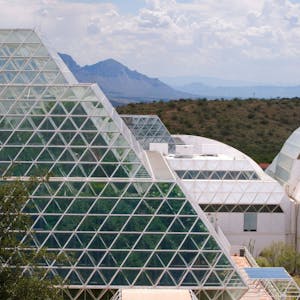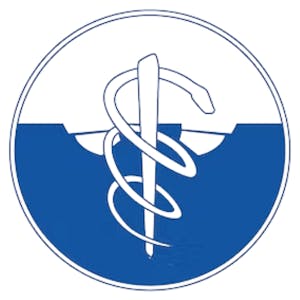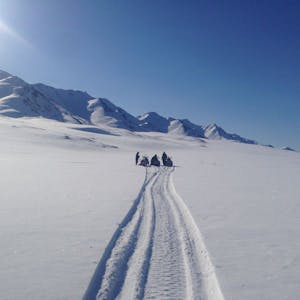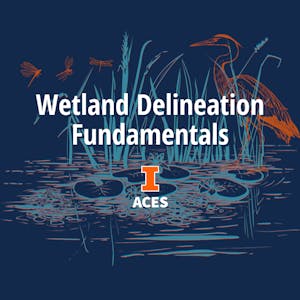Image and Video Processing: From Mars to Hollywood with a Stop at the Hospital
About this Course
In this course, you will learn the science behind how digital images and video are made, altered, stored, and used. We will look at the vast world of digital imaging, from how computers and digital cameras form images to how digital special effects are used in Hollywood movies to how the Mars Rover was able to send photographs across millions of miles of space. The course starts by looking at how the human visual system works and then teaches you about the engineering, mathematics, and computer science that makes digital images work. You will learn the basic algorithms used for adjusting images, explore JPEG and MPEG standards for encoding and compressing video images, and go on to learn about image segmentation, noise removal and filtering. Finally, we will end with image processing techniques used in medicine. This course consists of 7 basic modules and 2 bonus (non-graded) modules. There are optional MATLAB exercises; learners will have access to MATLAB Online for the course duration. Each module is independent, so you can follow your interests.Created by: Duke University
Related Online Courses
Are you ready to take an incredible journey around Planet Earth and beyond? In this course, you will delve into a world of innovative science and learn from a team of Biosphere 2 and University of... more
Come and learn the language which is spoken by more than 1 billion people and is getting more and more learners. This may enable you to know and do business with people from one of the world\'s... more
In this course, you will develop the knowledge and skills to assess and stabilize certain types of patients for transport. By the end of this course, you will be able to: (1) Identify the signs and... more
This specialization starts with an in-depth look at the physical geography of the Arctic and its key climate features, including the ocean\'s floating sea ice cover, the Greenland Ice Sheet, and... more
In this course, learners will get familiarized with the major components of wetland delineation, including the steps involved and the resources available for remote identification. They will... more








